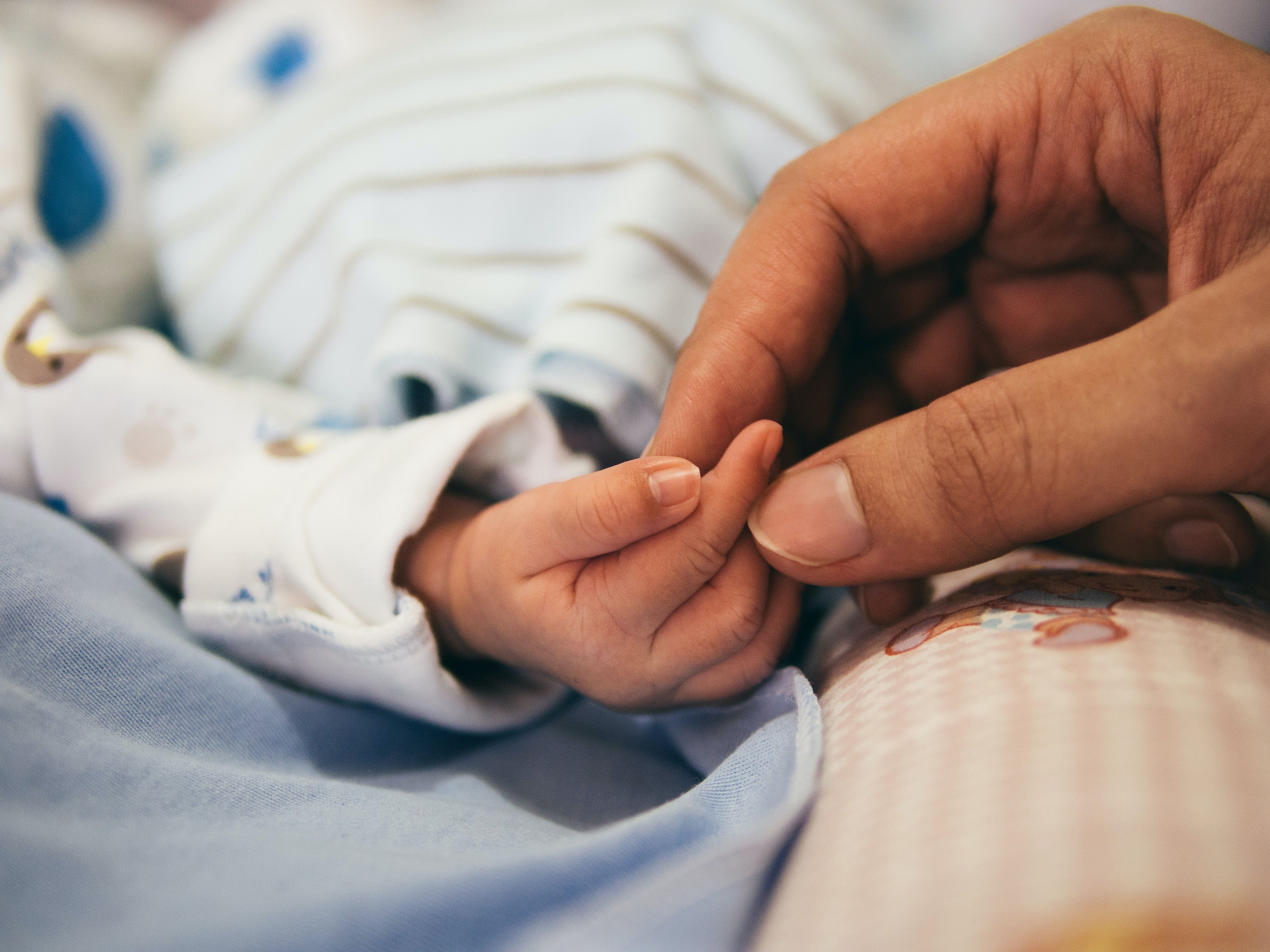

Ella
Changing RealitiesThe unspoken penalty for the working carer
04 Sep, 2023To be a carer was never something I envisioned for my life, but it was something which has changed me forever. Where I was once an inpatient, reactive person has subsequently been replaced with nurturing care and endearment for the small person I now look after on a daily basis. My daughter is an asset to me, she is the kindest and most loving 5 year old girl you will ever meet. Her condition is full on and can overwhelm our entire family dynamic.
Due to this, I made the decision to return to work for some “me” time outside of the 35 hours of caring I do per week. I receive both Disability Living Allowance (DLA) and Carer’s Allowance. Alongside this the Department for Work and Pensions (DWP) do allow earnings from another income source of up to £139 per week. I found a job I believed could work perfectly alongside family life. It was a remote charity based position, which timed itself well around my schedule - I signed the contract almost immediately as I was offered the position.
I knew that with Christmas around the corner, it would be great to have some extra income for food, presents and household expenses. What I didn’t realise, however, was that if my earnings were even 1p over the threshold of the Carer’s Allowance limit, my entire claim would cease. This is an awful predicament to put working carers in, as Christmas bonuses, differences in tax rates and other stipulations are all often out of control of the employee, and rather managed by the employer. It wasn’t long before I realised that to renew my contract would be a big mistake. I was anxious and nervous every time my payslip came through.
The DWP needs to allow some room for manoeuver for people who are perhaps returning to work to build their confidence and to improve their overall mental health. The benefits to working make the hardest parts of caring possible. For the brief time I was working, I felt refreshed and ready to take on any challenges I may face. Working gave me more than just confidence - it breathed air back into who I was as a person. There are so many other carers I have spoken to who also are caught in this same predicament; that is wanting to work but being too heavily restricted to do so. Making this possible in a practical sense is something the DWP must accommodate, because Caring for anyone in life can be a rewarding but strenuous task - the last thing we need is further anxiety about an earnings threshold.
Carer’s Allowance as a benefit is paid at a rate of £76.75 per week, and thus regarding Universal Credit, that payment is considered “working income”. This is calculated at a rate of £2 per hour. There is no job in the world that could legally be worked at a rate a Carer works. We need adequacy, support and an actual good income if we are restricted from sourcing our income elsewhere. I would strongly urge the DWP to consider increasing Carer’s Allowance to at least the rate of minimum wage, and to consider some flexibility regarding additional income. This topic is rarely discussed and needs to be addressed urgently, as those claiming Carer’s Allowance has reached over 1.3 million in the UK in the past two years.